- The Resort
- Accommodation
- Restaurants & Bars
- Wellness & Spa
- Pools & Beach
- Sports
- Entertainment
- Family Friendly
- Adults Only
- Offers & Specials
- Destination
- Sustainability
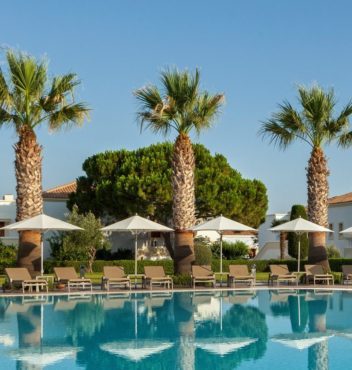





















































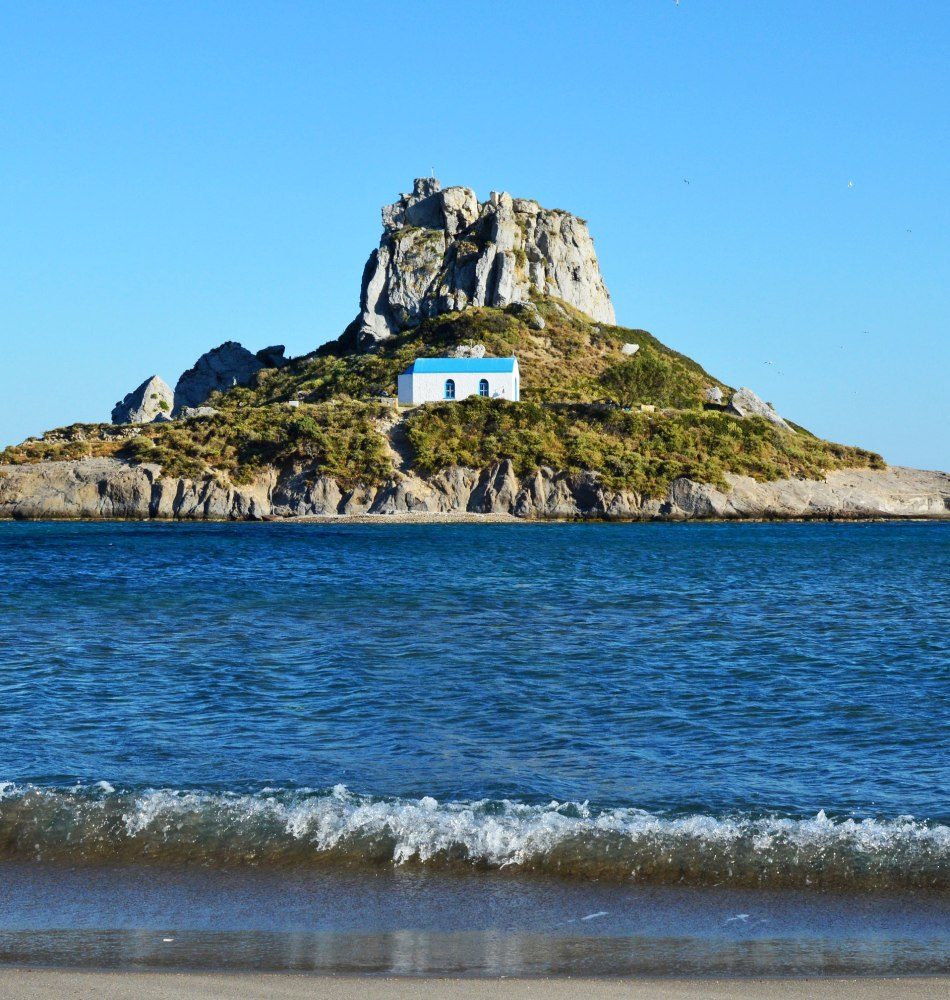












Waste management remains one of the biggest challenges in the efforts towards environmental protection and sustainable tourism development on the Greek islands. To address it, in Kos, we carry out a series of actions with the aim of reducing waste generation through the avoidance, reuse and return of packaging. At the same time, we strengthen the recycling of all hazardous and non-hazardous waste to diminish the amount of garbage that ends up in the local landfill.
Recycling bins have been placed throughout the hotel’s premises to encourage our guests to actively support our effort. At the same time, we raise awareness and motivate our staff with training seminars, instructions on proper recycling, and the placement of special bins in all workplaces.
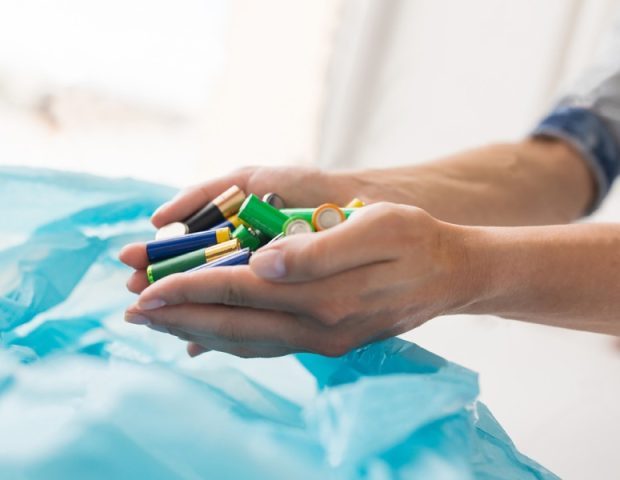
From 2015 to 2022, we recycled 694 kg of disposable batteries and 4.263 kg of rechargeable batteries. Batteries are considered hazardous waste because they contain toxic heavy metals and corrosive acids. The former pollutes the soil, ground water, and other water receivers, and the latter harm living organisms. Recycling batteries is everyone’s responsibility.
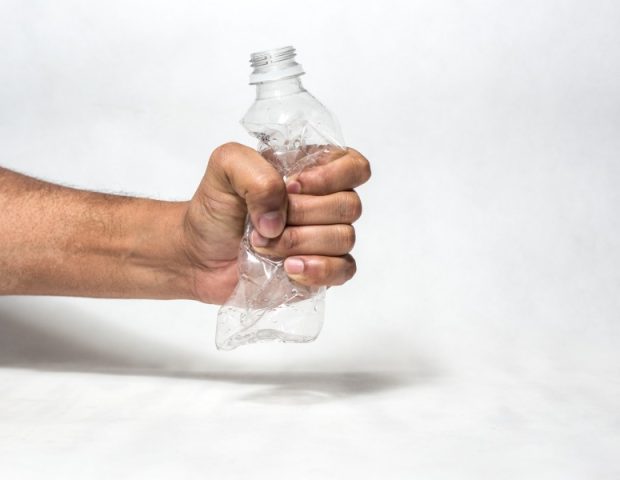
Our goal is the maximum possible reduction of pollution from plastic waste that ends up in the local landfill by increasing the use of recyclable packaging (PET, PE & PP), avoiding single-use plastics, as well as reusable ones that contain harmful substances (phthalates, bisphenol A, etc.). Since 2015, we have recycled approximately 43 tons of plastic and have reduced single-use packaging by over 56%.
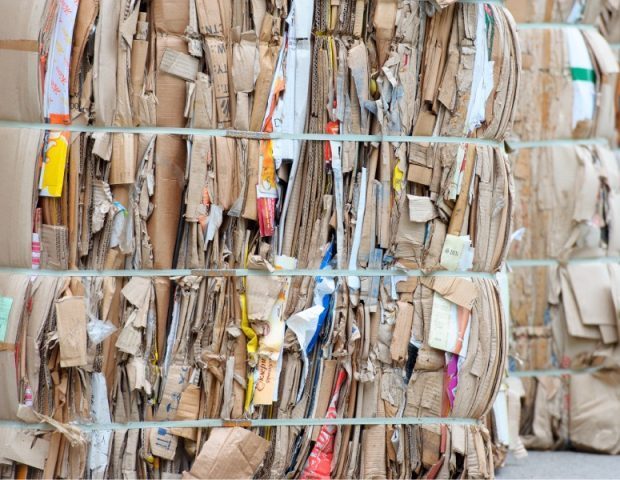
In the seven-year period 2015-2022, we recycled 131,5 tons of paper. Based on the assumption that recycling of one ton of paper yields the equivalent of the pulp produced by 17 adult trees, with our effort, we have supported the rescue of 2.235,5 trees. At the same time, we have positively contributed to the climate crisis – as it is estimated that the production of recycled paper requires 40% less energy than the energy required to produce paper from wood; while it also generates 70% less air pollution.
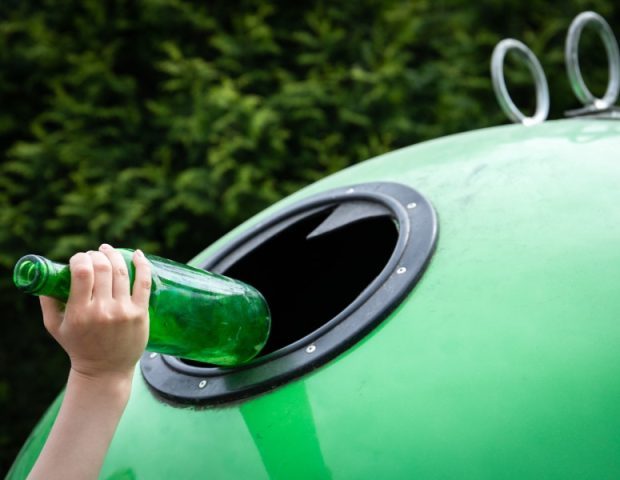
From 2015 to today, we have recycled approximately 158 tons of glass packaging. Glass is one of the materials that are easier to recycle, while glass packaging can be repeatedly recycled without losses in quality. On the contrary, if glass packaging ends up in a landfill, it is estimated that it will take more than a million years to decompose. For every ton of glass we recycle, we save 1,2 tons of raw materials (sand, sodium carbonate, limestone), energy and atmospheric pollutants.
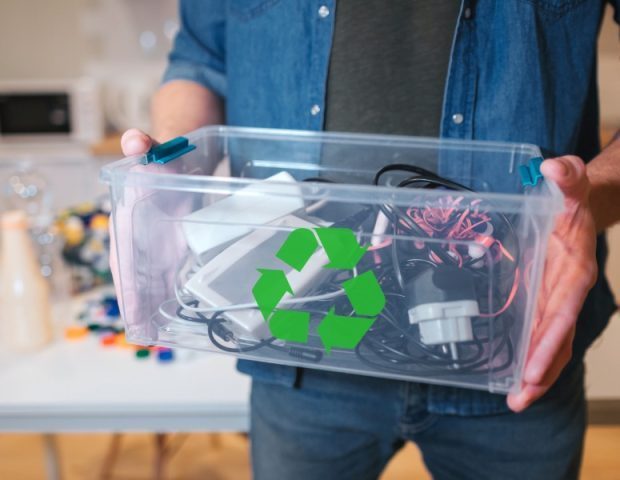
The recycling of electrical and electronic devices takes place in certified units, as the management of the hazardous materials they contain (lead, mercury, cadmium, etc.) is of particular importance. Likewise, the recovery of the valuable raw materials that REED (Recyclable Electrical and Electronic Devices) include (copper, gold, silver) plays a fundamental role – as do the minimization of environmental degradation and the saving of energy and water. In the seven-year period 2015-2022, we recycled 10 tons of REED.